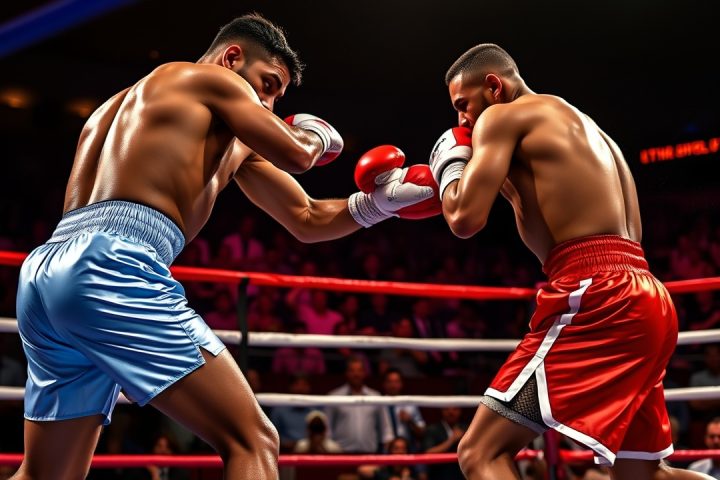The Failed Bout: Joshua vs. Wilder
The failed bout between heavyweight champions Anthony Joshua and Deontay Wilder, once anticipated as a historic showdown, continues to loom large over the legacies of both fighters. Shelly Finkel, Wilder’s manager, shared exclusive insights with World Boxing News, giving a detailed account of the negotiations that ultimately fell through despite a substantial offer of $50 million for Joshua.
Negotiation Breakdown
Finkel revealed the frustration he experienced during the stalled talks, describing how a deal that seemed imminent disintegrated due to discrepancies, delays, and a lack of commitment from Joshua’s camp.
“I received a letter stating, ‘We won’t fight next, but perhaps in the future,’ suggesting a date of April 13th at Wembley Stadium,”
he recounted, noting that it was impossible for them to be given a specific date for the fight within that year.
While Joshua’s team alleged that Wilder was not committed to the bout, Finkel insisted they were ready to proceed, accusing Joshua of reneging on previous agreements.
“I told Eddie Hearn that I was ready to return the contract, and they were aware it was set to be signed,”
he elaborated. This breakdown in communication coincided with the WBA’s urgent notice granting them a 24-hour period for negotiations.
The $50 Million Offer
The pivotal moment appeared to be linked to the $50 million purse, which echoed Joshua’s public statements promising to fight if such an amount was offered.
“He publicly declared he would face Wilder next, stating he’d accept the $50 million offer immediately. Yet when we secured that sum, he diverted the discussion,”
Finkel shared. He highlighted that they ended up receiving a counter-offer of a mere $15 million plus a rematch clause, scheduled for a date that clashed with another major event featuring Canelo Alvarez.
Aftermath and Reflections
Joshua’s decision to fight Alexander Povetkin instead later that year confirmed for Wilder’s camp their suspicions that Joshua was never genuinely interested in the unification fight, even while promoting it.
“They moved forward with Povetkin, which raised questions about why they couldn’t offer us the same date,”
Finkel noted, emphasizing how the incessant back-and-forth provided no clear answers, and ultimately alleging that Joshua’s team never wanted to face Wilder despite claiming otherwise.
Fans of boxing lament this lost opportunity, as both fighters have since faced setbacks in their careers, losing their undefeated statuses and championship titles. What was once viewed as an inevitable meeting for all four heavyweight belts has shifted into one of the sport’s most poignant “what might have been” scenarios.
Finkel’s reflections serve as a harsh reminder of how this lucrative super-fight slipped away, as the narrative surrounding the elusive $50 million tag raises endless debates on who truly shied away from the clash. Meanwhile, Joshua’s ambition for undisputed status fizzled out, as he never contended for all four titles concurrently, missing out on the chance that Wilder’s offer presented.
Phil Jay, an established boxing reporter with over 15 years of experience and the Editor-in-Chief of World Boxing News, has been instrumental in covering significant events in the boxing world and has interviewed numerous champions.




